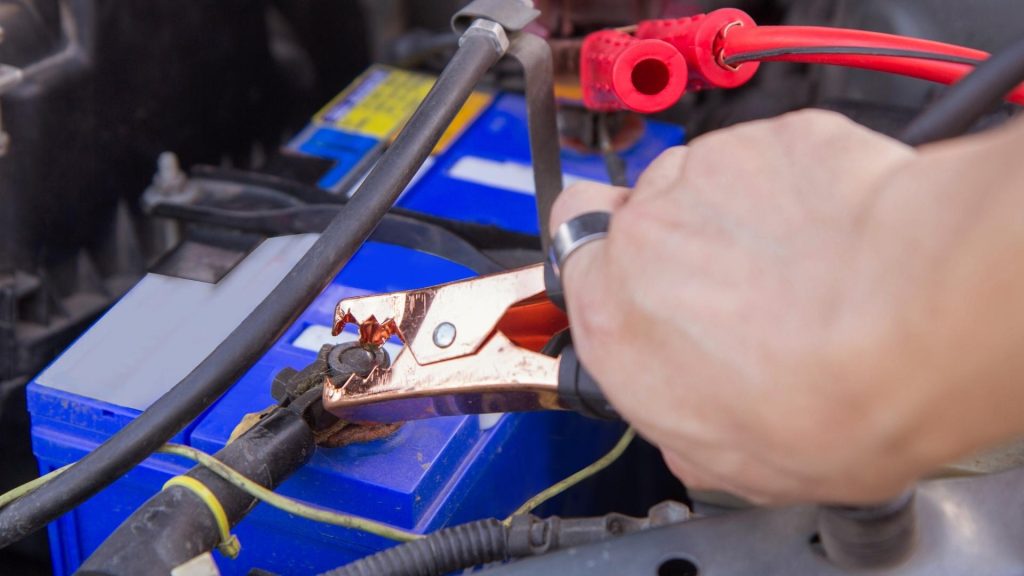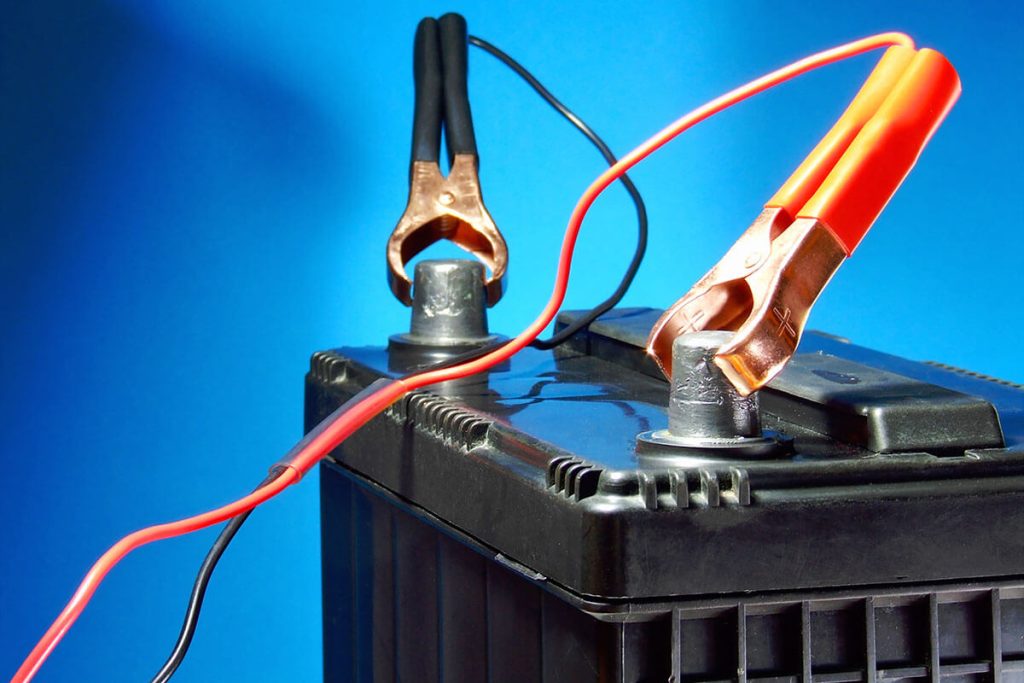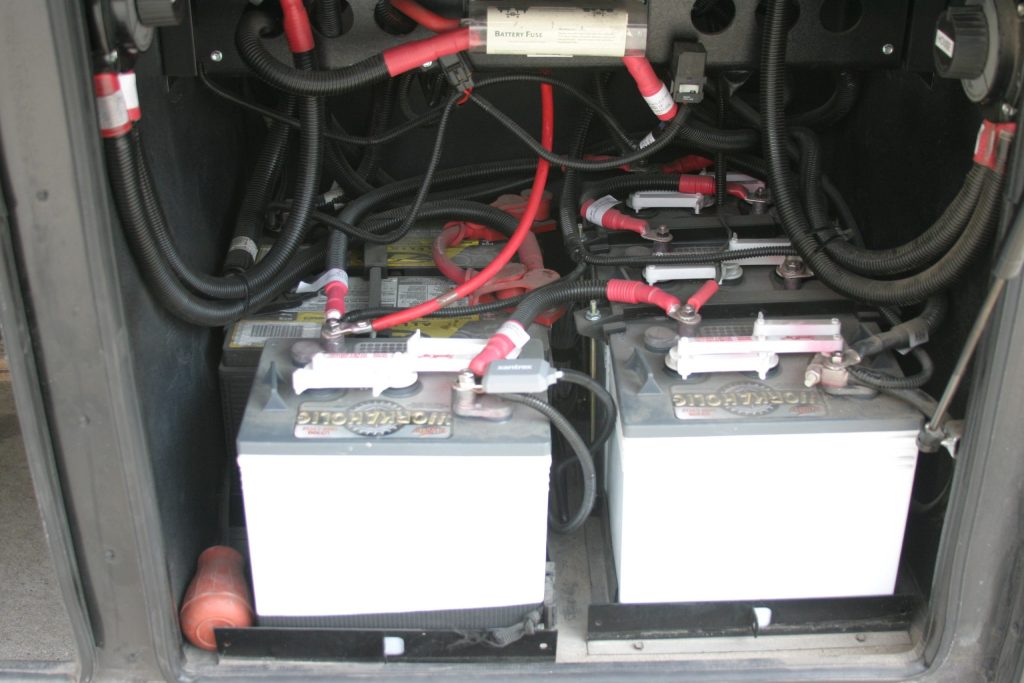
Are you wondering how to keep your RV battery in shape during winter? Look no further!
This comprehensive guide will provide all the necessary tips and tricks to maintain your battery’s performance.
We’ve got you covered, from understanding different battery types to proper storage techniques.
Don’t let the cold weather affect your battery life – follow our guide and ensure your RV is ready to hit the road come springtime.
Understanding Battery Types and Winter Vulnerabilities
You should know the different battery types and their vulnerabilities during winter.
Two types of batteries are commonly used in RVs: lead-acid and lithium-ion.
Lead-acid batteries are less expensive but require regular maintenance, especially in colder temperatures. They’re prone to freezing, which can cause irreparable damage. Keep your lead-acid battery fully charged and insulated during winter to prevent this.
On the other hand, lithium-ion batteries are more expensive but offer better performance in cold weather. They’re less susceptible to freezing and can hold their charge longer. However, they still need to be protected from extreme cold.
Regardless of your battery type, it’s crucial to always keep an eye on its voltage and charge levels during winter to ensure its longevity and optimal performance.
Basic Winter Battery Care

To properly maintain your RV battery over winter, following basic care guidelines and regularly checking its voltage and charge levels is important.
Clean the battery terminals and cables to remove any dirt or corrosion. This will ensure a good connection and prevent power loss.
Next, fully charge the battery before storing it for the winter. You can use a battery charger or the RV’s built-in charging system.
Disconnecting the battery from the RV is also recommended to prevent any parasitic drain.
Store the battery in a cool, dry place away from extreme temperatures.
Finally, check the battery’s voltage and charge levels monthly and recharge it if necessary.
Proper Storage Techniques
By implementing proper storage techniques, you can significantly prolong the lifespan of your RV battery.
When storing your RV battery, it’s important to keep it in a cool and dry location. Extreme temperatures can cause the battery to degrade faster, so avoid storing it in areas that are too hot or cold.
Additionally, it’s crucial to disconnect the battery from any power sources and remove any accessories that may drain its power. This will prevent the battery from discharging and potentially damaging itself over time.
It’s also recommended to periodically charge the battery during storage to maintain its charge level.
Periodic Winter Checks

During the winter, checking your RV battery to ensure it functions properly periodically is important. Cold temperatures can greatly affect battery performance, so inspecting it can save you from potential problems.
Start by visually inspecting the battery for any signs of damage, such as corrosion or cracks. Make sure the battery terminals are clean and free of any buildup.
Check the battery’s voltage using a multimeter to ensure it’s within the recommended range. You may need to charge it or consider replacing it if it’s low.
Keep the battery protected from extreme cold temperatures by storing it in a climate-controlled environment or using a battery tender to maintain its charge.
Taking these steps will help ensure your RV battery stays in good condition throughout the winter season.
Spring Readiness
You should start preparing for spring by checking your RV battery for potential issues and ensuring it’s ready for the upcoming season. After a long winter of inactivity, it’s important to assess your battery’s state to avoid any unpleasant surprises on your first trip.
Begin by inspecting the battery terminals for corrosion or loose connections. Clean them if necessary and tighten any loose connections.
Next, check the battery’s water levels and top them up if needed. It’s also crucial to test the battery’s voltage using a multimeter. If the voltage is below 12.4 volts, it may need to be charged or replaced.
Finally, store your battery in a cool, dry place and consider using a battery maintainer to keep it in optimal condition during the off-season.
Bonus Tips
Check the user manual for your specific RV model to see if there are any bonus tips or recommendations for maintaining your battery over the winter. One common bonus tip is to invest in a battery maintainer or tender, which will help keep your battery charged and prevent it from freezing during the colder months. Additionally, some RV models may recommend removing the battery and storing it in a climate-controlled area to protect it from extreme temperatures further.
While the basics of battery maintenance remain the same for most RVs, there may be additional steps or precautions suggested by the manufacturer. Don’t forget to clean the battery terminals and check the water levels regularly, as these simple steps can go a long way in ensuring your battery stays in good condition throughout the winter season.
Conclusion: Ensuring Your RV’s Heart Beats Strong After the Cold
In conclusion, by understanding the vulnerabilities of your RV battery in winter and implementing basic care and storage techniques, you can ensure its optimal performance and longevity.
Regular checks throughout the winter season and proper spring readiness will also contribute to maintaining a healthy battery.
Remember to follow these tips and enjoy worry-free RV adventures all year round.